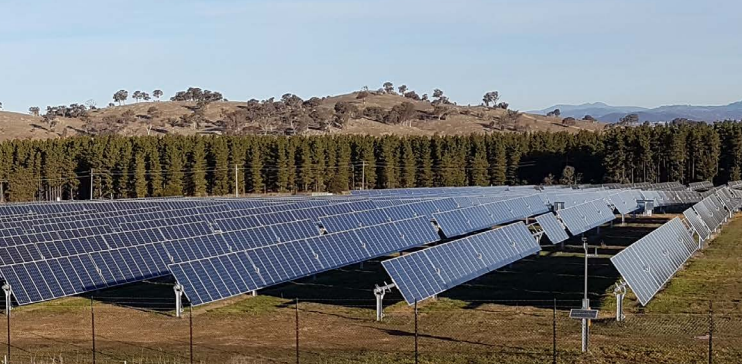A spokesman from the U.K. agricultural industry has told pv magazine the British government already knows what to do to drive the take-up of solar, but Brexit is distracting it from ‘sensible policy making'.
Speaking to pv magazine for an article about the role farming is playing in the adoption of U.K. solar (out soon), Dr Jonathan Scurlock – chief adviser for renewable energy and climate change to the National Farmers' Union – was scathing about the public consultation launched by the Department for Business, Energy and Industrial Strategy (BEIS) on Thursday.
The government announced it is considering removing the export tariff for electricity generators, a move which would leave small scale generators giving away any excess energy to the national grid for free.
“What’s disappointing is that if the government wants to find some kind of non-tariff based financial incentive to encourage the uptake of low carbon generation, it knows what to do; it could exempt solar from income tax, business rates, investment allowances etc,” said Dr. Scurlock.
“It’s very disappointing it hasn't immediately announced this but instead has consulted, asking people to submit these ideas all over again, which will inevitably lead to a hiatus between the end of incentives in March and whatever replaces them. This is partly because Brexit is such a distraction and staff haven’t been able to get on with any rather more sensible policy making.”
Popular content
With the solar subsidy regime set to end in March – when Brexit is set to take take place – it seems inevitable there will be a gap between the existing incentive system and any new arrangements, as BEIS has given respondents until September to come back with their reaction to the possible cessation of export payments – it is notable that most of the consultation period occurs during parliament's recess and the British summer holiday season.
Korean manufacturer Hanwha Q Cells, however, was rather more positive about the government's latest announcement.
Announcing a project at Doncaster Rovers Football Club, in the north of England, Sean Collier, Hanwha's head of U.K. sales told pv magazine: “As the U.K. solar market continues to mature, the reality of a post-subsidy PV landscape – which will arrive in the UK on April 1 next year, once the current feed-in tariff ends completely – presents a host of new opportunities for the sector.
“Subsidy-free solar should be the endgame for all global PV markets, and Hanwha Q Cells is confident that with our Q.Partner network of installers, we can help to drive viable and financially attractive post-FIT business models in the U.K.”
This content is protected by copyright and may not be reused. If you want to cooperate with us and would like to reuse some of our content, please contact: editors@pv-magazine.com.



By submitting this form you agree to pv magazine using your data for the purposes of publishing your comment.
Your personal data will only be disclosed or otherwise transmitted to third parties for the purposes of spam filtering or if this is necessary for technical maintenance of the website. Any other transfer to third parties will not take place unless this is justified on the basis of applicable data protection regulations or if pv magazine is legally obliged to do so.
You may revoke this consent at any time with effect for the future, in which case your personal data will be deleted immediately. Otherwise, your data will be deleted if pv magazine has processed your request or the purpose of data storage is fulfilled.
Further information on data privacy can be found in our Data Protection Policy.